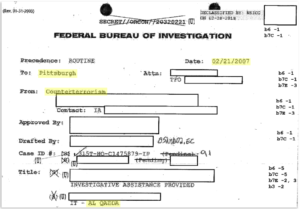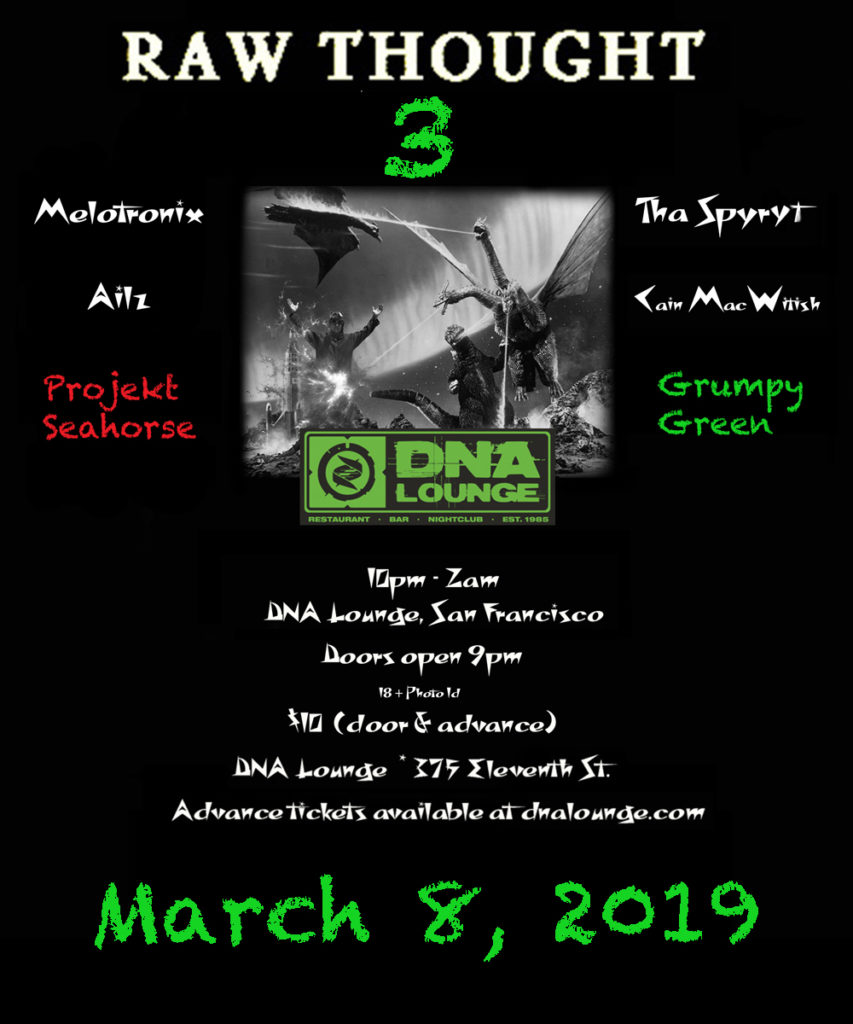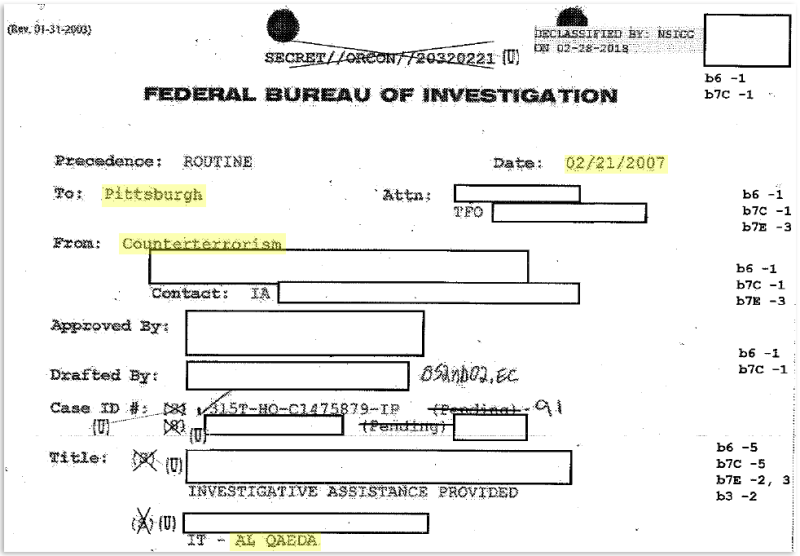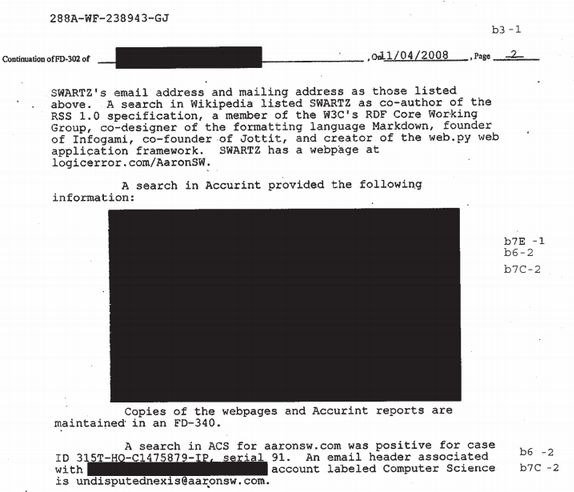By Tracy Rosenberg (Oakland Privacy and The Aaron Swartz Day Police Surveillance Project)
SB 1421 isn’t perfect…But even with its limitations, the bill provides more law enforcement personnel transparency than has been possible in California for decades.
When then-governor Jerry Brown signed Senate Bill 1421 in October of 2018, police misconduct records were expected to start flowing on January 1.
That isn’t what’s happened, although small quantities of records have started to come out from certain cities, including Burlingame, Oakland and Berkeley.
To recap, SB 1421, one in a long line of bills that for more than a decade have tried to crack open California’s restrictive police officer’s bill of rights, turned records of investigations and discipline after incidents of lethal force or sustained incidents of sexual assault, evidence planting or lying, into public records that could be gotten with a public records request.
SB 1421 isn’t perfect. It freezes records when there are internal investigations going on and when lawsuits are in progress, which can cause lengthy delays before there is public transparency. And in cases where sexual assault, perjury and evidence-planting allegations aren’t sustained internally or in a court, records will still be sealed. But even with its limitations, the bill provides more law enforcement personnel transparency than has been possible in California for decades.
Even this modest of a change was met with outrage and rebellion by many of the state’s police unions, which have relied on the obscurity of misconduct proceedings to protect member cops from accountability for the crimes they commit.
Police unions ran into court all over California, asking for stays and injunctions in San Bernardino County, Ventura County, Los Angeles, Orange County and in Contra Costa County. Because you can’t unrelease a record after it has already been released, the courts have had to issue temporary stays while considering the issue, but at the now four courts where the cases have been fully argued, Contra Costa, LA, and now Orange County and San Diego, the police unions have lost big.
Arguing that cops involved in lethal incidents or caught lying and/or planting evidence relied on their investigative hearings hidden from view has drawn skepticism from judges, who have continued to insist that the public’s right to know outweighs the police right to hide and that illegal and criminal behavior from the police is not protected behavior that the State should help to conceal.
All the lower court rulings have been appealed, so there will be a few more months of legal jousting, but in the end, the records are going to flow. At least the ones that are left, since a few enterprising police unions have been convincing their City Councils to revise document retention protocols in order to pitch them. The first and second district of the Court of Appeals have upheld the lower court decisions releasing misconduct records and the California Supreme Court has resisted every request to intervene so so far it is public records 6, police unions 0. Those results are expected to be the same in any further legal suits.
For more background on SB-1421, here are a few references:
-
SB-1421 Peace officers: release of records. (California Legislative Information Page) https://leginfo.legislature.ca.gov/faces/billTextClient.xhtml?bill_id=201720180SB1421
-
ACLU Northern California: Lifting the Veil of Secrecy: Police Misconduct & Use of Force (SB 1421) Author: Sen. Nancy Skinner (D-Berkeley) https://www.aclunc.org/our-work/legislation/lifting-veil-secrecy-police-misconduct-use-force-sb-1421
-
KQED’s California Report, January 2, 2019: State Supreme Court Denies Attempt to Block New Access to Police Misconduct, Shooting Records https://www.kqed.org/news/11715442/state-supreme-court-denies-attempt-to-block-new-access-to-police-misconduct-shooting-records






